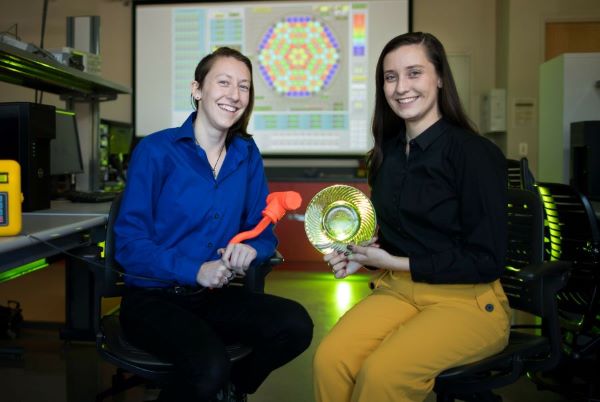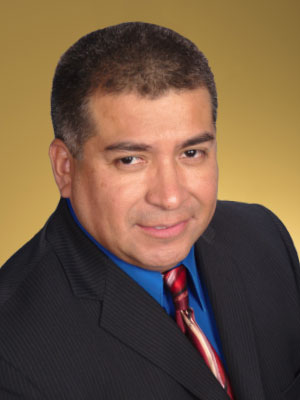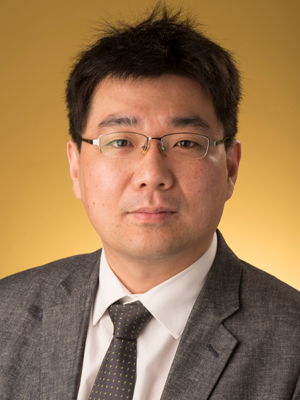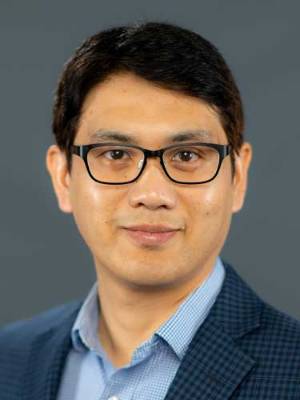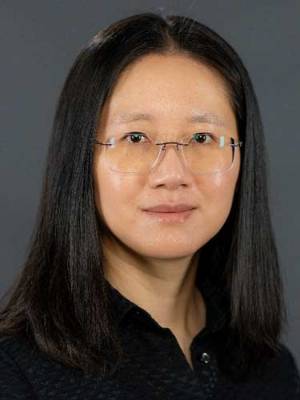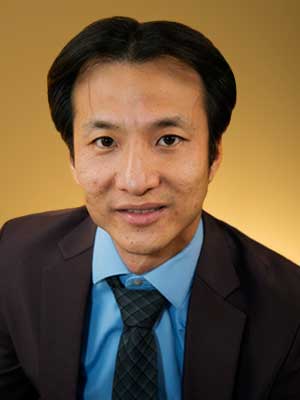A pathway to careers in the Nuclear Industry
Nuclear technology continues to play an important role across several industries including electric power, medicine, food, defense, research, and manufacturing. Currently, about 20% of U.S. electricity is supplied by nuclear power and a sizeable percentage of all medical procedures involve some form of nuclear medicine practice. Important considerations such as increased projected demand for electricity, sustainable economic development, global warming, and vulnerability to foreign sourcing are among the factors that have resulted in a revival of interest in the nuclear power industry. In response to this renewed level of interest and in order to address the industry’s concern for the shortage of skilled technical workers, the Center for Nuclear Studies at Kennesaw State University, offers an academic degree-based course of studies.
The academic program is offered through the Department of Mechanical Engineering and
leads to a minor degree in Nuclear Engineering. This program is open to all undergraduate
students in the School of Engineering, qualified students in the School of Engineering
Technology, the School of Arts and Sciences, and qualified graduate students.
Nuclear power is the most prominent and visible sector of the nuclear industry. Electricity
produced from nuclear reactors has proven to be one of the safest, cleanest, and most
sustainable forms of base-load energy capable of meeting the electrical demands of
the public. The Southeast region has particularly benefited from this reliable source
of energy. Consequently, two of the next generation of nuclear plants are slated to
be built in this area. In 2012, two new nuclear plants received their combined construction
and operating licenses for the first time in nearly 30 years. These plants are being
constructed in Georgia. In addition to these approved applications, several applications
are also under review by the Nuclear Regulatory Commission (NRC). The majority of
these plants are slated to be constructed in the southern United States. Once underway,
these projects will create a substantial demand for high-paying technical and professional
positions.
KSU is committed to supporting the growth of the nuclear industry by offering academic
courses in nuclear engineering. These courses are designed to provide the students
with the knowledge and the skills that are needed to address the industry's challenging
issues. Students enrolled in the academic engineering program will have the opportunity
to become prepared for an exciting and rewarding career in the nuclear industry. For
further information about these offerings, please visit the corresponding sections
of the website.
|













